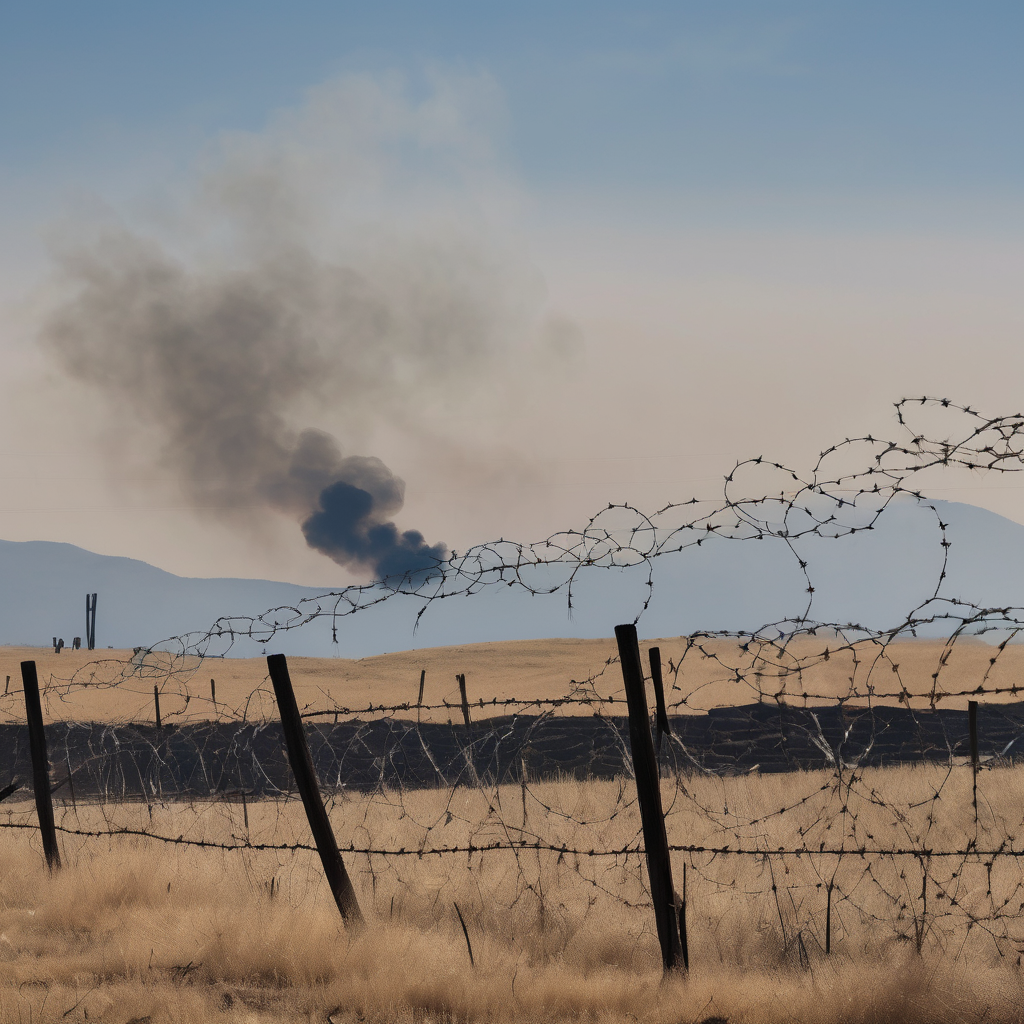Israel has escalated its military actions in southern Lebanon, conducting airstrikes that raise alarms over the fragile ceasefire with Hezbollah established last November. According to Lebanon’s Ministry of Public Health, a recent airstrike in the town of Kfarsir resulted in the deaths of at least four individuals and left three others injured, further straining the tenuous truce.
This airstrike took place in the Nabatieh district and involved a guided missile, shortly after Lebanese President Joseph Aoun accused Israel of heightening hostilities in response to his proposals aimed at negotiating a more durable resolution to ongoing cross-border tensions. The current offensive is part of a broader cycle of conflict that emerged in 2023 when Hezbollah initiated attacks in support of Palestinians amidst the escalating violence triggered by the Hamas-led assault on Israel on October 7.
Recent patterns indicate that Israel has been conducting significant airstrikes targeting both Hezbollah strongholds and military installations across Lebanon, complicating an already fragile regional situation. Strikes have also been reported in Beirut, where key military leaders of Hezbollah have been killed, highlighting the increasing severity of these military actions.
Despite the ongoing hostilities, there remains a resolute call from international leaders for dialogue as a means to achieve resolution and restore peace. Organizations such as the United Nations and various global actors are advocating for initiatives aimed at stabilizing the region and addressing the critical humanitarian needs arising from the conflict. The necessity of diplomatic efforts from the international community in preventing further escalation is crucial. There is hope that through collaborative dialogue, a lasting peace can be forged. As tensions continue to rise, the resilience of both Israeli and Lebanese communities illustrates the urgent need for sustained engagement to promote coexistence and regional stability.
